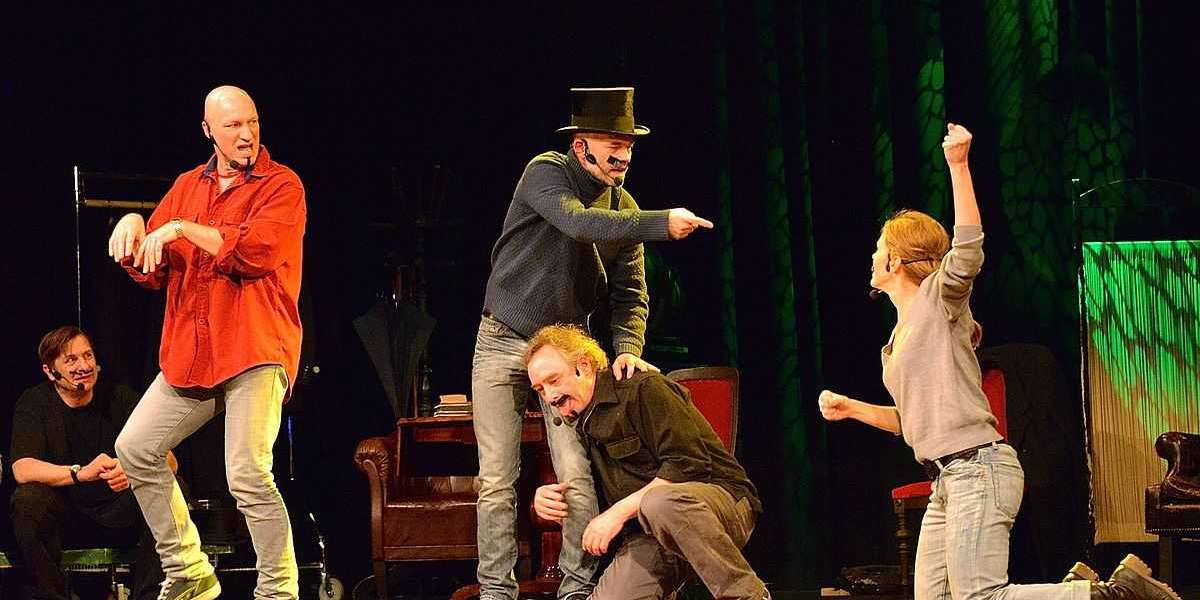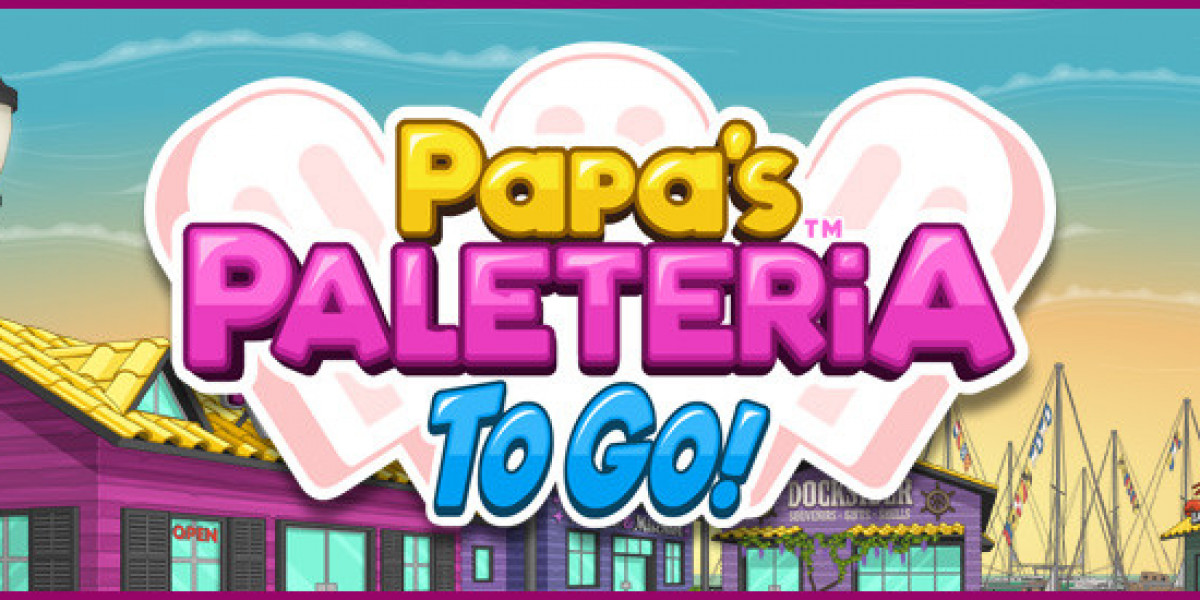Improv comedy, also known as improvisational comedy, is a form of live performance where the performers create scenes, characters, and dialogue on the spot, without a script or pre-planning. Improv comedy is often based on suggestions from the audience, who provide topics or scenarios that the performers incorporate into their act.
- Games and formats: the different types of improvisational games and formats used by performers, such as "Whose Line Is It Anyway?", "Harold", and "The Armando Diaz Experience".
- Character development: the ability of improvisers to create and develop interesting and relatable characters on the spot, often using physicality and vocal choices to convey personality and quirks.
- Scene work: the process of building and developing a scene or storyline with other improvisers, using techniques such as "yes, and..." to support and build upon each other's ideas.
- Improv schools and classes: the training and education programs offered by improv schools and theaters, where aspiring performers can learn the fundamentals and advanced techniques of improv comedy.
- Improv festivals: events where multiple improv teams and performers come together to showcase their talents, often featuring performances, workshops, and networking opportunities.
- Applied improv: the use of improv techniques and principles in non-comedy contexts, such as business, education, and therapy, to enhance communication, creativity, and teamwork.







